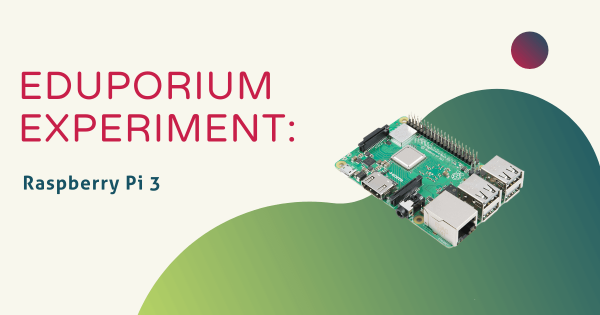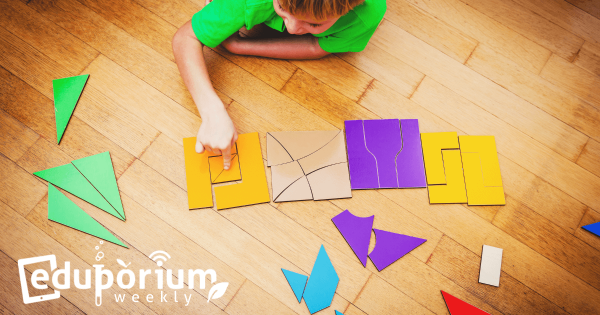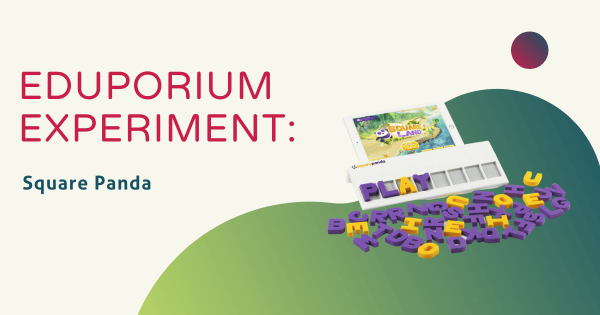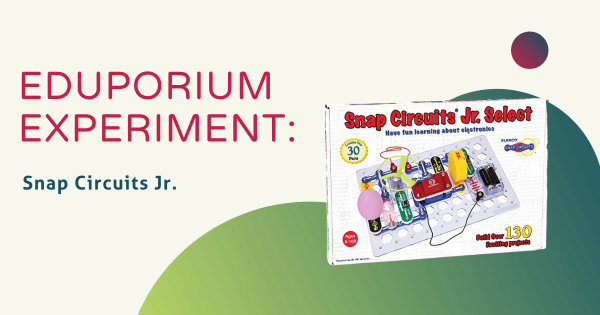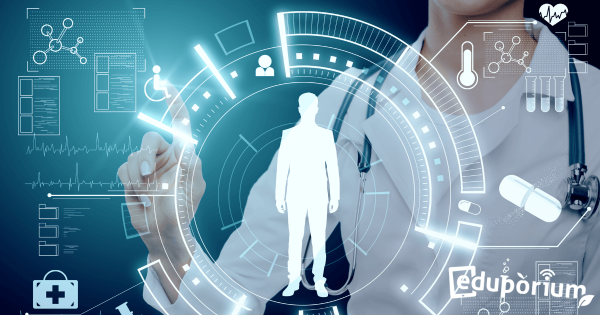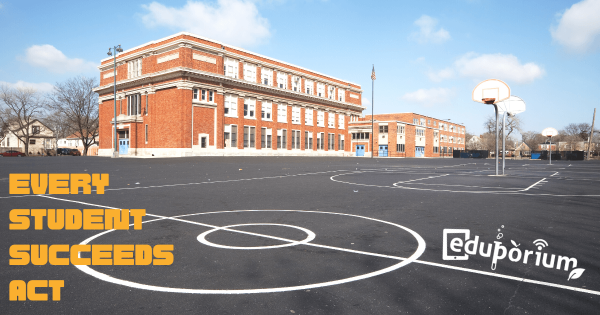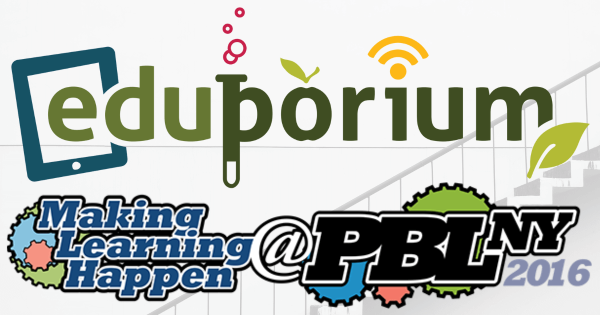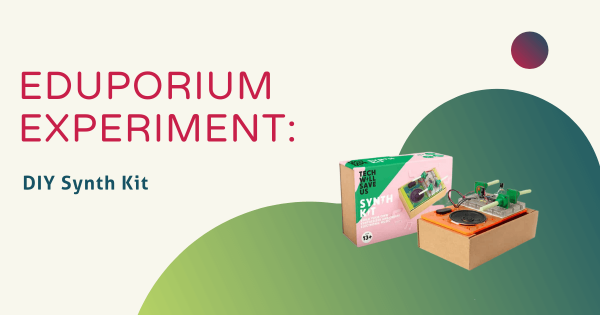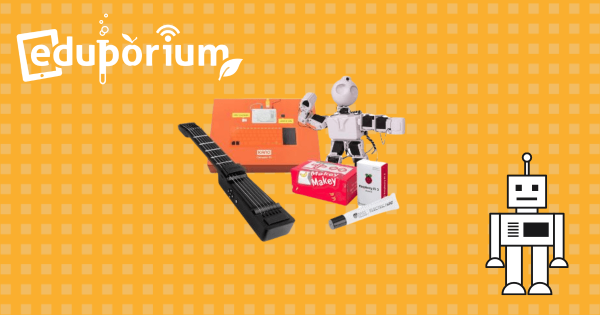The Raspberry Pi is a tool that I’ve become very aware of since I started working here at Eduporium: there’s one in the entryway of our office running a slideshow with company announcements and events. It’s one of the first products we show off to visitors, interviewees, and people joining our team and it is one of our most adaptable
EdTech
Educational technology has, of course, completely transformed how today's K-12 students learn. From basic 3D printers and virtual reality systems to simple coding robots and screen-free building tools, countless numbers of educators have been able to affect education for the better and help children develop transferrable skills for the real world. Since EdTech now covers so many areas, however, there often remains a lot for teachers to learn about and explore. Not every technology tool will impact your students in the same ways, nor will they enhance every single lesson. It's more about finding the right solutions for the right situations and building high-quality instruction from there. In this section, we cover everything from specific classroom STEM kits to insights on integrating EdTech tools in teaching. And, we'll continue adding new resources with thoughts on the many branches of the EdTech tree.
EdTech resources are constantly impacting student development and redefining how educators can engage them. Besides those hands-on technologies, digital tools and platforms also play a huge role in learning. From coding or artificial intelligence to social-emotional learning, the instant availability of EdTech resources generates many revolutionary opportunities all throughout the world of K-12 and higher education. When it comes down to it, however, equitable access to technology can be a complete game changer. With these opportunities, students can build the hard and soft skills to navigate our increasingly complex world. And, no matter how complex or simplistic EdTech activities are, they can help catalyze that development. We encourage you to browse the content below and reach out to our team with any questions.
-
Eduporium Weekly | The Earlier the Better
Proponents of STEM education generally believe that hands-on, practical and in-depth learning should really begin taking place during a student’s high school years. We believe, however, that it can start earlier than that—like, much earlier. Who’s to say that young children cannot be exposed to the same kinds of experiential learning as older students? -
Eduporium Experiment | Square Panda
Square Panda is perhaps the most effective combination of early education, STEM learning and Future Ready skills available in the early EdTech market right now! Essentially, it’s a digital introduction to the phonics skills that kids in kindergarten should be able to know, but its educational value doesn’t stop there. -
Eduporium Experiment | Snap Circuits Jr.
Snap Circuits Jr., while not as pumped up as the larger Snap Circuits Kits, is a perfectly fine introduction to circuitry as well as the Snap Circuits system. It features 30 unique parts and a project guide that includes 133 of simple yet engaging child projects that encompass everything from alarm circuits to lights that illuminate. -
Eduporium Weekly | The Latest in Tech Innovations
Innovations in technology, the ways in which we use technology and the tasks that technology helps us accomplish are constantly being updated and extensively innovated. With the Olympics finishing up earlier this week, we got to thinking of athletes being at the very top of their game and how exactly they are able to get there. -
Eduporium Weekly | The Impacts Of The ESSA
Back in December, President Obama proposed and helped pass this Every Student Succeeds Act. A more modern version of the No Child Left Behind initiative, the ESSA will aim to ensure that every K-12 student in the United States has equal access to the latest and greatest in learning opportunities and crucial STEM tools every time they step in the -
Eduporium Partners With OCM BOCES Organization
From August 2-5 2016, Eduporium participated in the Onondaga-Cortland-Madison BOCES Making Learning Happen PBL NY event up in Syracuse. We were invited to the event to appear as an educational partner after we spent much of the last couple of months working to create, procure and customize EdTech bundles for PK-12 students in these districts. -
Eduporium Weekly | All In On Top OER Tools in Education?
If you haven’t given much thought to trying Open Educational Resources in education or maybe aren’t quite sure what exactly they are, the time is now for you to explore some basics of them! OERs are freely accessible, openly licensed documents and media for teaching, learning, and assessing your students as well as for research—and they’re all available for download. -
Eduporium Experiment | DIY Synth Kit
Want to make the next big hit? Kits can do that with ease using the DIY Synth Kit from Technology Will Save Us! With the Synth Kit, students 12 and up can design and build a real musical instrument and tinker to create awesome electronic sounds. The kit lets them plug various components into the breadboard and experiment with creating -
Eduporium's EdTech Bundles Headed to New York
From Aug. 2-5 2016, we’re participating in the Boards of Cooperative Educational Services (BOCES) Make Learning Happen event in Syracuse, NY. We were selected as the event’s preferred vendor after spending much of the last couple of months working to create, procure and customize EdTech bundles for PK-12 students in the districts they serve.




